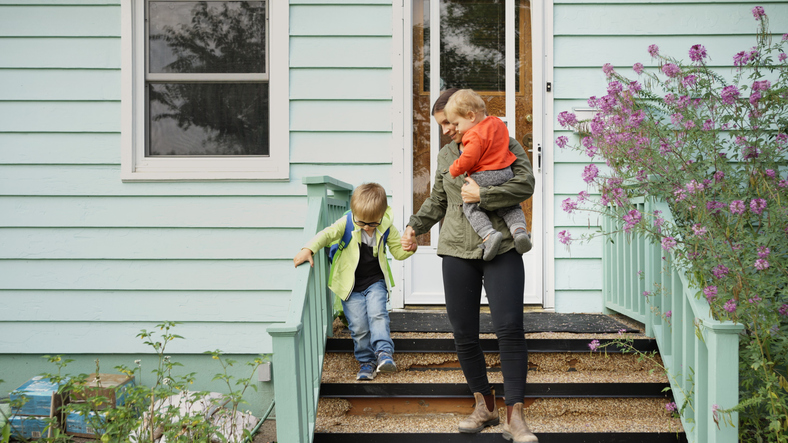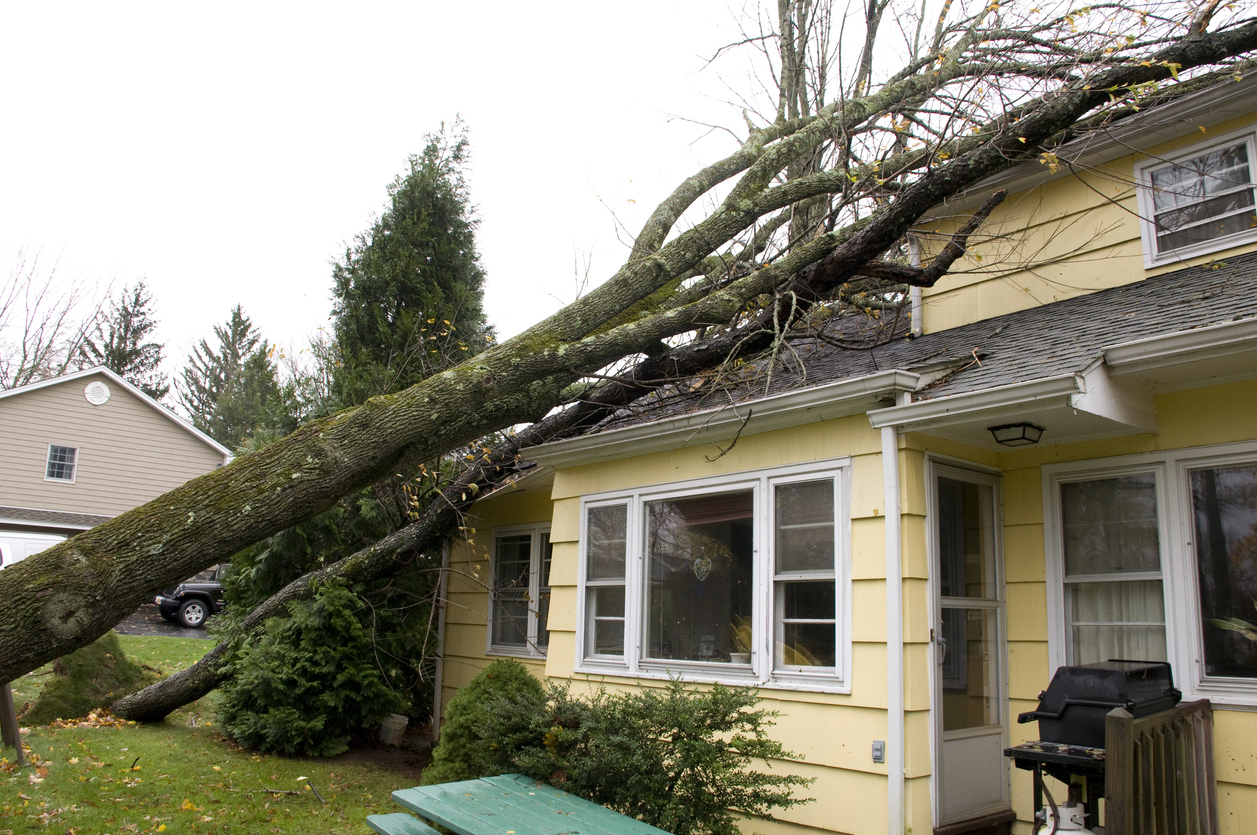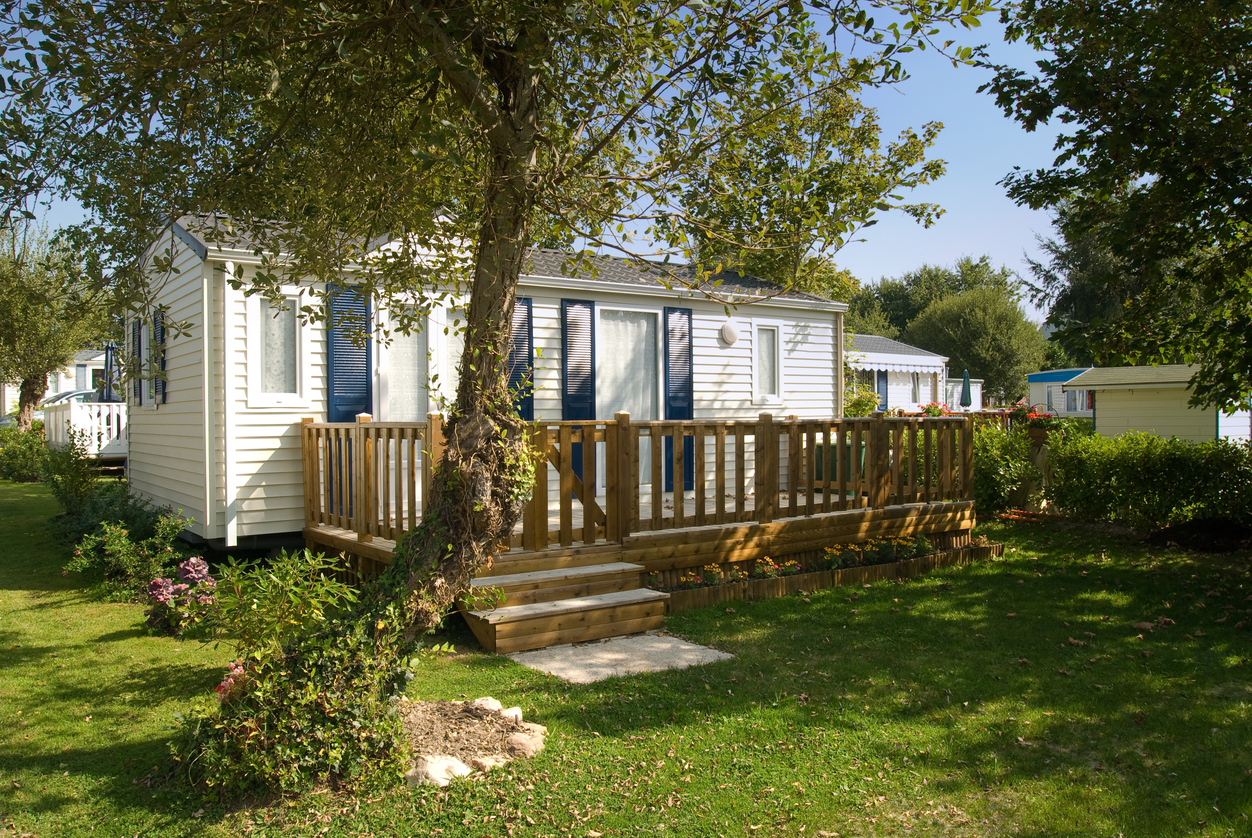Why did my home insurance go up?
Nobody likes getting a bill for their insurance renewal, especially when the price seems to keep going up each year. “Why did my price go up?” is one of the most common questions we get as insurance brokers. While there is no quick and easy answer, we are here to help you understand how your prices are determined, what you can do about it, and what factors are in and out of your control.
Let’s start with some basics. While many people assume the value of their house is the main determining factor, there are so many other things that go into figuring out the cost of your home insurance. Below are explanations of some of the things that have the largest impact on the price of your house insurance.
Things that impact the cost of your policy.
The rebuild cost of your house
People often make the mistake of comparing their tax assessment or the market value of their property to the limit of insurance on their policy. For this reason, many people think they are over-insuring their homes. The truth is, these two values are not at all related. Nova Scotia tax assessments are based on average market value as well as proximity to services in the area (schools, hospitals, roads, public transit, municipal water vs septic tank, etc.). Houses in more remote areas have lower property taxes, and will often sell for less, but this does not mean the house would cost less to build. Your homeowners insurance price is based on how much it could cost to rebuild your home in the event of a total loss.
The rebuild cost of your home increases over time. Due to inflation and increased costs of materials and labour, your home will cost more to rebuild this year than it did last year, and your insurance rate reflects this.
Upgrades to your home.
Over time, many people repair, replace, or upgrade many features of their home. Some upgrades and renovations can increase the cost of your home’s rebuild value, which increases the cost of your insurance. Other upgrades, such as a new roof or oil tank, typically decrease the cost of your insurance as they are seen to lower the risk of a claim. If you decide to finish your basement, or finally build that extension you’ve been dreaming about, chances are you will see an increase in your policy premium.
Claims Statistics.
Other people’s insurance claims are obviously completely out of your control, but they do still have a large impact on the price of your insurance. If an insurance company has a higher number of claim payouts in a given year, they will likely seek to increase their rates across the board. If there have been severe weather events, such as the 2016 Fort MacMurray wildfires, your rates may be impacted even though you were not directly affected by the fires.
Claims statistics are also compiled using your postal code, which means if you live in an area with lower or higher rates of claims (water damage, vandalism or theft, etc.) your policy price will be calculated accordingly. For example, if you live in a big city such as Halifax or Dartmouth with a higher crime rate, your home insurance price may be higher than if you lived in a more rural part of Nova Scotia with a lower crime rate.
Other Factors.
There are many other factors that go into determining your home insurance price (referred to as your “property insurance premium” in insurance lingo). Some of the big ones are:
- How close your home is to a fire hydrant or fire station
- How close your home is to a body of water
- Type of heating system (wood stoves and oil heat are considered higher risk then electric heat, and so cost more to insure)
- If there is a mortgage on the home (most companies offer a significant mortgage-free discount)
- Whether or not you have a security system (many companies offer a discount if you have a monitored alarm system installed in your home)
- Your credit score (many companies offer significant discounts to people with good credit scores)
What can you do about your premium?
We’ve looked at why your insurance rate is the way it is, now let’s look at things you can do to help lower your price. Firstly, review your insurance documents carefully to make sure we have the correct info. Take the time to confirm the accuracy of the details of your home (age of the home, square footage, number of bathrooms, etc.) and make sure any updates have been noted (new oil tank, upgraded electrical panel, etc.)
Combine home & auto insurance.
Most companies offer a discount of 10-15% for combining home & auto policies. Give us a call to find out if combining policies makes sense for you.
Looking for a house insurance quote?
Cheep Insurance can compare home insurance quotes from 8 different insurance companies for you. If you’re looking for a quote, give us a call at 1.866.922.4337 (1.866.92.CHEEP) or fill out our home insurance quote request form and we’d be happy to take a look for you!
Our licensed brokers are trained to find you the best coverage available at the lowest price point possible. While it’s tempting to just Google “cheap home insurance” and go with the lowest price you can find, when it comes to your home, you can never be too careful. We highly recommend talking to a broker to ensure you’re properly protected and paying the lowest price possible for that protection.
Related Blog: Why did my car insurance price go up?







 Most policies insured with Cheep Insurance are Agency Bill/IFS financed policies. You can determine who manages your payments by following the directions below. If you are still not sure who manages your payments, call our team as funds paid directly to the insurance company when they should go to IFS will cause large delays.
Most policies insured with Cheep Insurance are Agency Bill/IFS financed policies. You can determine who manages your payments by following the directions below. If you are still not sure who manages your payments, call our team as funds paid directly to the insurance company when they should go to IFS will cause large delays.